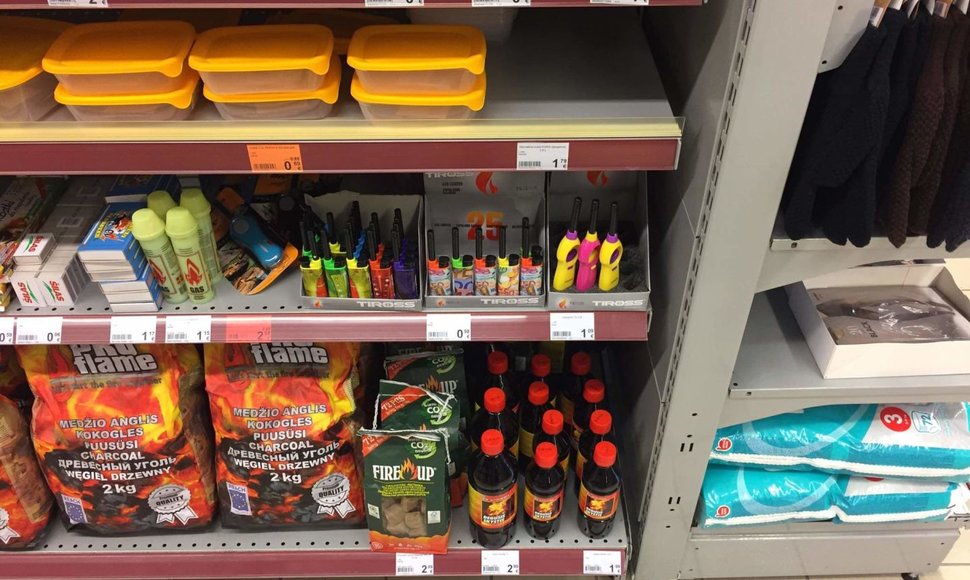Last year the National Audit Office conducted an audit on the efficiency of Lithuania’s business oversight system, “The Protection of Consumer Rights.” The results show that one-third of Lithuanian consumers experience misleading advertising, one in ten are confronted with other unfair commercial practices, and more than half do not know where to turn to in order to defend their rights, according to a press release.
“The fact that Lithuania’s consumer protection system has shortcomings is confirmed by the Consumer Conditions Index, where Lithuania ranks 24th among the 28 member countries of the European Union. During the audit we examined the reasons for this and what measures would be necessary to ensure a high level of consumer protection,” says Jurgita Grebenkovienė, Director of the Governance Audit Department of the National Audit Office.
First, more than half of consumers are unaware of their rights and procedures for their implementation and defence, despite the more than 9 thousand consumer educational measures employed per year. This is because these measures have been chosen without knowledge of the user group or what consumer knowledge is needed. In the last three years, there has been a fivefold increase in the number of consumers who do not know where to turn when their rights have been violated.
Second, the decisions of the State Consumer Rights Protection Authority (SCRPA), which obligate sellers and service providers to modify, withdraw or eliminate contract terms and conditions that have been found to be unfair, are recommendatory in nature. When these are not enforced, the average time to rectify a consumer violation is about 14 months, until the issue of consumer redress is resolved by the court. In 2017, compared to 2015, the number of outstanding court decisions increased threefold.
Third, the current out-of-court dispute settlement system does not help consumers resolve disputes faster and more easily. Lithuania has opted for the European Union’s maximum time limit for dispute resolution of 90 days, but even with that, only slightly more than half (56 %) of disputes have been handled by the SCRPA. The auditors found that some disputes lasted for more than one year.
According to the auditors, reducing the number of disputes, and thereby the workload of the SCRPA, would allow redress for litigants whose consumer rights were violated by service providers. This would be one of the ways to improve the system for dispute settlements. The auditors estimate that if the law provided for the possibility to recover the costs of settlement from cases where sellers and providers had been found to be in breach of consumer rights, state budgets would have achieved savings of some 700,000€ in the period of 2016-2018.
The expected impact of the audit’s recommendations is a more effective and efficient consumer protection system, which will facilitate consumer protection, and help to ensure that consumer disputes with sellers and service providers are resolved more quickly and easily.












